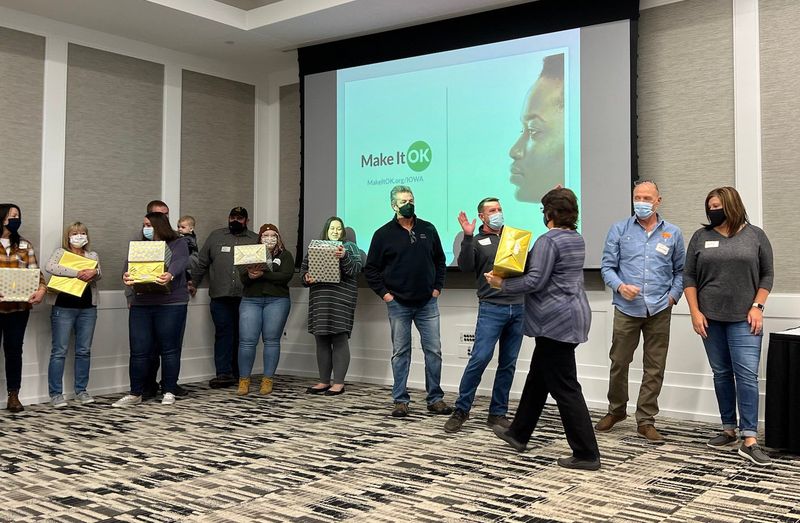Aging is a natural part of life, bringing with it a unique set of challenges and opportunities. As we grow older, our bodies and minds go through changes that can sometimes feel overwhelming. However, with the right mindset and strategies, these changes can be managed effectively, allowing us to continue enjoying life fully.
From maintaining physical health to nurturing mental well-being, there are several ways to adapt gracefully to the aging process. In this blog post, we’ll explore four essential tips that can help you navigate the complexities of aging with confidence and ease. Embrace these strategies to make the most of your golden years while staying active, engaged, and fulfilled.
1. Stay Physically Active

Staying physically active is crucial as we age. Regular exercise helps maintain mobility and balance, reducing the risk of falls. It can be as simple as daily walks or joining a dance class. Physical activity also boosts mood and energy levels, promoting better mental health.
Finding an enjoyable activity makes it easier to stick to a routine. Whether it’s gentle yoga, swimming, or cycling, engaging in physical exercise consistently supports overall well-being. Remember, it’s never too late to start. Even small steps can lead to significant improvements in health and vitality.
2. Cultivate Social Connections

Maintaining social connections is essential for emotional health. As people age, they may experience loneliness due to retirement or loss of loved ones. Engaging with family, friends, or community groups can provide emotional support and reduce feelings of isolation.
Regular interaction stimulates the mind, offering a sense of purpose. Joining clubs, volunteering, or simply having regular coffee dates with friends can make a difference. Strengthening social bonds creates a supportive network, enhancing joy and fulfillment in daily life.
3. Focus on Mental Wellness

Mental wellness is as important as physical health. Engaging in activities like reading, puzzles, or learning new skills can keep the mind sharp. It’s beneficial to practice mindfulness or meditation to manage stress and maintain mental clarity.
Staying mentally active helps prevent cognitive decline. Creating a routine that includes mental exercises and relaxation techniques can significantly enhance quality of life. Prioritizing mental health contributes to overall well-being and happiness as we age.
4. Nourish Your Body with Proper Nutrition

Proper nutrition is vital for maintaining health during aging. A balanced diet rich in vitamins, minerals, and antioxidants supports bodily functions and immune health.
Incorporating a variety of foods ensures that nutritional needs are met, promoting energy and vitality. Staying hydrated and choosing nutrient-dense foods like vegetables, whole grains, and lean proteins can prevent many age-related issues. Nutrition plays a significant role in lifelong health, making it crucial to pay attention to what you eat.

Well, hello there!
My name is Jennifer. Besides being an orthodontist, I am a mother to 3 playful boys. In this motherhood journey, I can say I will never know everything. That’s why I always strive to read a lot, and that’s why I started writing about all the smithereens I came across so that you can have everything in one place! Enjoy and stay positive; you’ve got this!

